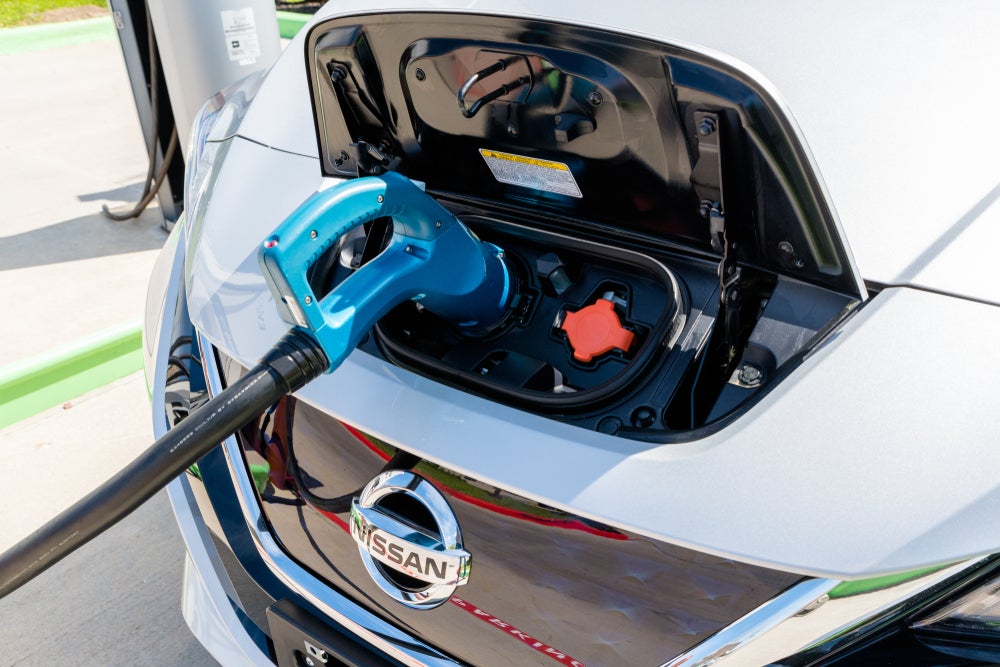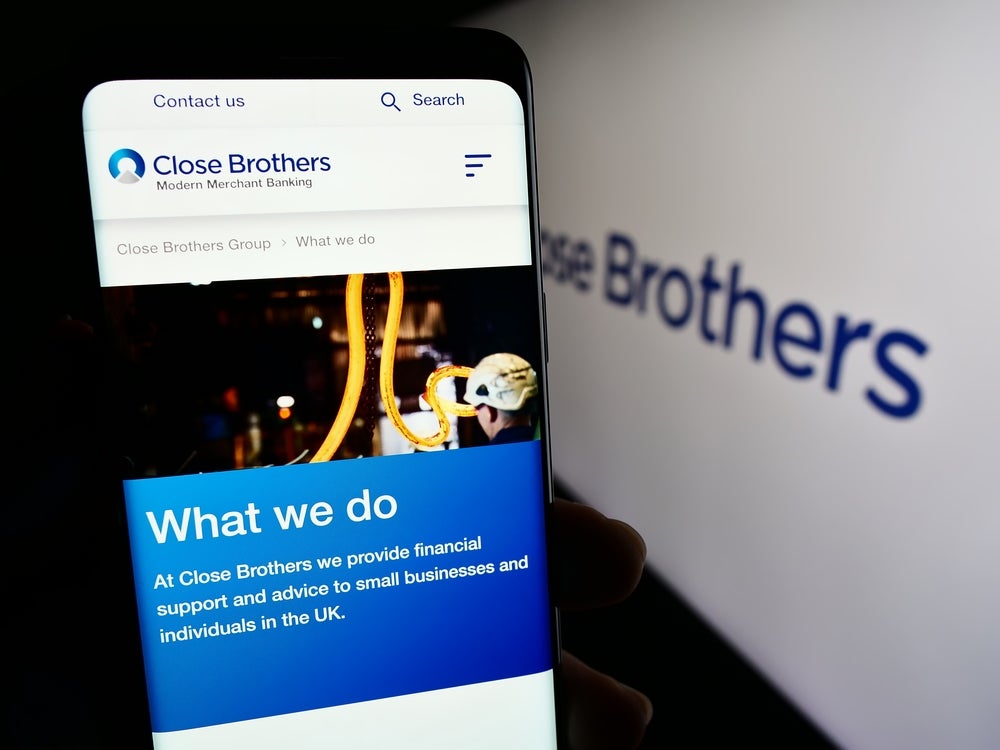Steve Moody looks
at the growing popularity of salary sacrifice schemes, and asks how
lessors can capitalise on the trend.
The increasing number of low-emission cars and the current tax
regime is giving employers the chance to offer cars to all their
employees using the principle of salary sacrifice. And that means
opportunity for leasing companies too.
Because of the benefit-in-kind rules giving
significant tax breaks to cars under 120g/km, and even for those
under 160g/km, many employees who do not qualify for a company car
are now able to surrender part of their pre-tax salary to obtain a
new car which is supplied by a leasing company – and be better off
financially as they save on income tax and National Insurance
contributions.
The employee also gains from the buying power of
the company when using their salary to lease a car, while the
employer is likely to find savings to be cost-neutral because the
National Insurance Contribution (NIC) on the benefit-in-kind can
often be less than the NIC on the salary the employee has
sacrificed. And they hopefully gain some employee loyalty into the
bargain, too.
There is no doubt that currently the volumes of
salary sacrifice cars are outweighed by the levels of discussion
about them, but there is a reason for this: for many leasing firms
and manufacturers, this is looking to be an increasingly promising
route to market.
Massive potential
How well do you really know your competitors?
Access the most comprehensive Company Profiles on the market, powered by GlobalData. Save hours of research. Gain competitive edge.

Thank you!
Your download email will arrive shortly
Not ready to buy yet? Download a free sample
We are confident about the unique quality of our Company Profiles. However, we want you to make the most beneficial decision for your business, so we offer a free sample that you can download by submitting the below form
By GlobalDataDavid Hosking is managing director of
Tusker, one of the pioneering leasing firms in this area.
He says: “Quite how big the potential market could
be is a difficult question, but it could be massive. We have a
number of schemes live and in implementation with forward-thinking
organisations who have weighed up the risks and can see the
potential to tie employees in with a benefit such as this.”
Alphabet also offers a salary sacrifice product,
with director Mark Sinclair explaining: “Our product, Motivational
Leasing, could meet the needs of any UK company from SME level
upwards, so the theoretical market is clearly enormous – although
with the caveat that this is still a virtually unknown concept for
the average car buyer.
“Conventional ideas about who ‘should’ or
‘shouldn’t’ be eligible for a company-provided car are evolving
rapidly in the light of tax changes. Our customers want
cost-effective ways to enhance their benefits options while
accelerating uptake of more fuel- and tax-efficient vehicles by
their fleet drivers.
“Salary sacrifice products allow customers to
leverage their position as an employer and a corporate purchaser to
provide a significant additional benefit to staff without incurring
additional cost. When a new product comes along that can do both,
it is bound to have a considerable impact.”
So who are the likely customers? Hosking says
Tusker has people taking them for a first car, company cars drivers
as a second car, and even one or two where the scheme allows for
close family to participate.
Hidden complexities
However, Alastair Kendrick of accountancy
firm Mazars LLP warns that he has seen a number of instances where
the company has just not understood the complexities of salary
sacrifice, and that people have gone into it and then found out
later on about the additional costs coming through.
While the initial calculation can be fairly simple,
it is vital to ensure the business understands the wider
implications, such as the effect on bonus, overtime and pension
contributions, as well as how they are going to deal with leavers,
maternity leave and long-term sickness.
There are a number of decisions to be made by the
customer with what exactly they want to include in the vehicle
price, such as maintenance costs, insurance, road fund licence,
delivery charges, GAP insurance and early termination
insurance.
Kendrick also recommends that firms selling a
scheme ensure their communication is good, and that they are not
only selling on today’s costs, but making it clear what is likely
to happen with regards to the tightening of the benefit-in-kind tax
band going forward – which could increase costs.
Hard to sell?
If you are thinking of getting into the
business of selling salary sacrifice, you will need to understand
that it is not a quick, easy sell, says Hosking.
“It is a very difficult product to sell to firms.
It’s not like a contract hire pitch where everyone knows what it is
and in general you’re selling to a fleet manager, and not many more
people,” he says.
“In a salary sacrifice pitch, you’ll find that
human resources, finance, benefits and fleet will probably all be
involved, among others. That makes it a much more prolonged and
complicated sell.”
David Rawlings, director of fleet management
company Vertivia, has some advice when it comes to assessing
suitability for salary sacrifice.
“Half of the companies I see that want to talk
about salary sacrifice realise after five minutes that it’s not
going to work for them. Having said that, for the rest, there’s
some value in it,” he says.
“So it’s not whether salary sacrifice is right or
wrong: you’ve got to look very closely at what the business is
trying to achieve and the demographics of the employee base.”
Early termination worries
One concern that has been put forward by
companies interested in a salary sacrifice scheme is that a firm
which sees a high level of staff turnover may find it hard to get
insurance for early termination, and this certainly links in with
the issue of selling salary sacrifice in the first place: it just
doesn’t suits some companies, because some sectors, such as retail
for example, have high levels of employees joining and leaving.
However, at least in the early days with the early
adopters, it seems that salary sacrifice is self-regulating to a
degree. The type of firms interested in giving their staff such a
benefit are the type of firms people do not leave in vast and
regular numbers, while the type of people that decide to use part
of their wages to fund a car are not the type who are thinking of
moving in the near future anyway.
Almost all the leasing firms we spoke to claimed
they had not seen any great activation of early termination
insurance, and added that the insurance industry has its own checks
and balances – they are keenly aware of the risk with various
sectors, and so insurance is relative to the type of firm, the cost
of which mitigates against high take-up from firms with a
constantly changing workforce.
But what about the danger that HM Revenue &
Customs (HMRC) will view these as tax avoidance schemes and clamp
down? Hosking does not see there being an issue.
“I don’t think there will be any problems with
these schemes. Look at ECO [employee car ownership] schemes in the
1990s – people said they won’t last and yet here we are more than
15 years later and the bottom line is that ECO schemes are still
out there in numbers,” he observes.
“Also, we are talking to a number of NHS trusts and
government departments about delivering schemes. It’s the public
sector who are most interested, and if there was an issue with
these things I don’t think they would be so keen.”
The green benefit
In general, salary sacrifice delivers on
one of the government’s major ambitions: getting drivers out of
older cars and into cleaner, greener, new ones.
Even if in the future HMRC decided that it was
unhappy with salary sacrifice, it would have to get past the
elements of Whitehall concerned with lower emissions, and that’s a
conversation that would take years to conclude.
Low-emission cars are what is at the heart of
salary sacrifice. In general, most schemes are restricted to cars
with emissions sub-160g/km of CO2, rather than 120g/km. And it is
surprising what people order. It is not always small city runabout
– the diesel Audi TT has proved popular on some schemes, for
example.
Zenith Provecta has run its Salary Exchange product
since 2008, and it reports an extremely low average CO2 rating for
the cars ordered: in 2009 this was just 128g/km, which compares
with the SMMT’s latest figure of 158g/km for all new cars ordered
during 2008.
Andrew Cope, Zenith’s chief executive, comments:
“This figure shows that the government’s tax policy is working.
Also, UK businesses are focusing hard on reducing their carbon
footprints and people in general are looking at their own
environmental responsibility.”
Taking away dealer sales?
With the potential to sell cars to
non-company car driving employees, unsurprisingly one of the issues
that could become more heated is substitution of retail sales.
Certainly manufacturers have varying views about
whether salary sacrifice is taking customers away from their dealer
network.
Hosking has been in dialogue with around 20
manufacturers, and says the view of salary sacrifice can vary
between those that see it as a route to getting traditionally
second-hand car drivers into new product, and others who believe it
is a direct substitution for their retail offering.
He says that for the former, some are so keen that
they are offering discounts beyond even those given to fleet
customers.
Others tend to take a case-by-case view, and
depending on the type of company are more attracted by the type of
employee – for example a premium manufacturer might view a law firm
or accountants as a tasty outlet for its cars and offer support
accordingly, but be less enamoured, and so less generous, with a
firm that has lower average-salary employees.
However, with the public’s appetite for debt likely
to be much-reduced for some time to come, Alphabet thinks many will
see salary sacrifice as the safe and sensible way to acquire a new
car via the security of a workplace benefit scheme.
Sinclair says: “Given the level of interest we’re
seeing in our product, salary sacrifice seems set to quickly
establish itself alongside traditional car scheme solutions.”







